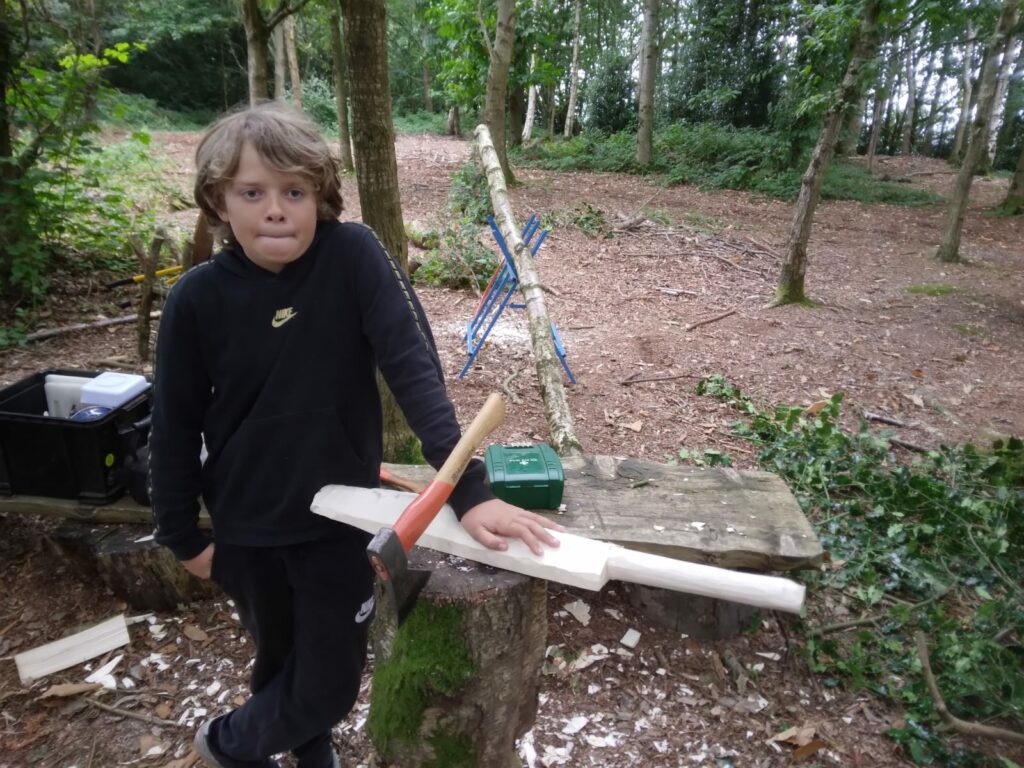
Experiential learning is fundamentally based on engagement, the experience, and the relation of the learner to it is the formation of the learning, but it is important to understand first what the engagement is with. Bowen (2005) suggests 4 broad categories of engagement as being,
In a broader sense there is a clear correlation here with the previous definition of what the fundamental principles of learning are (see above). Experiential learning, therefore, is a purposeful attempt to engage learners in the fundamental principles of learning regardless of the topic. Historically there has been an attempt to do this through simulated conditions and role play or other contrived means of teaching (for some clear referenced examples see Dean et. al. 2020). Whilst this provides a link between the cognitive understanding of a situation and its moral or ethical position in relation to oneself and one’s peers, this does two other things that are decidedly unhelpful to learners; it places the moral and/or ethical imperative for learners onto the teachers, and it places the experience within the old enlightenment pedagogy of theoretical understanding.
Far better, then, to place at the disposal of learners the means to experience these moral and ethical dimensions of learning within the context of their own lives and those of their friends, and to be able as educators to facilitate and coach this learning without the need to be responsible for it. This does the opposite of role play in that it provides an understanding of the conceptual as it relates to the individual rather than the situation thereby allowing the learning to be effective in a variety of contexts and more applicable to the learners’ life.
Experience is also the major defining factor of growth throughout our lives, it stands to reason therefore that by coaching learners to develop and grow through experience we are helping to develop a lifelong approach to development and learning. It allows a growth mindset and an understanding of failure in the context of development rather than as an end point to a negative experience. If you fail an exam, this is final. There is a mark that expresses the conclusion of a learning experience as a failure. This is likely to be viewed by learners as both negative and discrete, both things that should not apply to either learning or failure.
Experience has not such discontinuity; even if a learner chooses to walk away from something this is a choice that continues to impact as they cannot separate this from themselves in the same way an exam result can be dismissed or ignored. This means that learners are forced to continually confront their own responsibility for their actions choices and decisions; this combines all learning as a means of developing holistically and no experience can therefore be seen as without merit.
Experiential learning also mirrors the world around learners, it is the foundation of their interactions with the world. It is the basis upon which they will progress personally, professionally and as part of communities. It allows for collaboration in that the learner, as well as the learning cannot be seen as discreet. We are social beings; we live in societies and to simply ignore the social aspect of learning within an education model is a dereliction of duty on the part of the system and its administrators; above all else we need to be able to get along with each other.
Finally it is the basis upon which we free a learner to follow their own path of learning; if we cannot and should not look to what we teach then providing the broadest experience that we can for learners will help them better navigate their own path through learning by helping them understand what is possible.
References:
Bowen, S. (2005). Engaged learning: Are we all on the same page? Peer Review, A Publication of the AAC&U, 7(2): https://www.aacu.org/publications-research/periodicals/engaged-learning-are-we-all-same-page.
Dean, K., Wright, S. and Forray, J. (2020) EXPERIENTIAL LEARNING AND THE MORAL DUTY OF BUSINESS SCHOOLS. Academy of Management Learning & Education, 19(4), 569–583.
Author: Shevek Pring, Co-CEO of The Outdoors Group
Date: Saturday 26th August 2023 (originally published May 2023 at https://shevekpring.com/blog/)
Copyright © Outdoors Group Ltd 2021. All Rights Reserved.
Registered Office: The Outdoors Group, Western Lodge, Crediton, Devon, EX17 3NH. Company number 10755829
Terms & Conditions / Website Terms / Privacy Policy / Sitemap / Built with ♥ by Solve